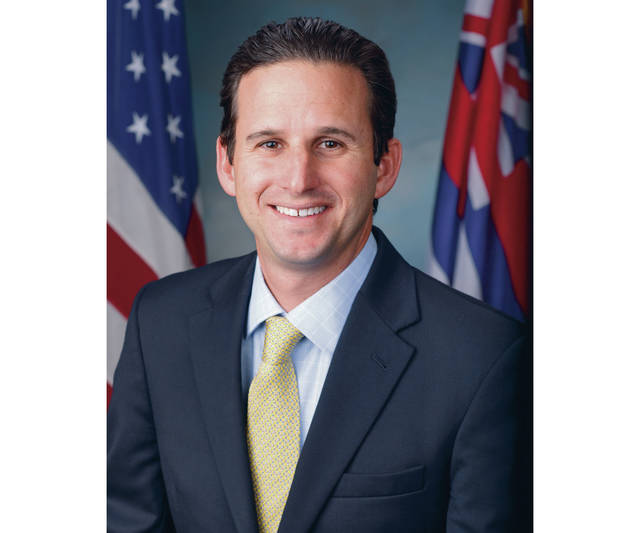With a senator from Hawaii at the lead, the U.S. Senate passed a bill to improve the nation’s public alert system and reduce the likelihood of a false alarm like January’s erroneous missile alert.
The Senate on Monday unanimously passed the Reliable Emergency Alert Distribution Improvement Act, or READI Act. The bill, introduced by Hawaii Democratic Sen. Brian Schatz and fellow Sens. John Thun, R-South Dakota, and Roger Wicker, R-Mississippi, will improve the reach of the nation’s emergency alert system.
If passed by the U.S. House and signed into law, the act will remove the option for people to opt out of receiving alert messages, ensuring that critical messages reach more people. Other provisions would require alerts issued by the president or the Federal Emergency Management Agency to be repeated and would investigate using streaming platforms such as Netflix or Spotify as vectors for communicating alerts.
“When a missile alert went out across Hawaii in January, some people never got the message on their phones while others missed it on their TVs and radios,” Schatz said in a statement. “Even though it was a false alarm, the missile alert highlighted real ways we can improve the way people receive emergency alerts. Our bill fixes some of these issues and will help make sure that in an emergency, the public gets the right information they need as quickly as possible.”
The bill also would develop a system to report false alerts to the Federal Communications Commission, allowing the root causes of false alerts to be properly investigated.
The READI Act follows the ALERT Act, also introduced by Schatz and also passed by the U.S. Senate earlier this year, which places the responsibility of alerting the public about a missile threat upon the federal government, not state agencies.
Schatz’s more recent bill also affects statewide and locally issued alerts by compelling FEMA to create best practices for state and local governments to issue alerts and encouraging state governments to periodically review their alert systems.
Hawaii County Civil Defense Administrator Talmadge Magno said Civil Defense had to scramble during the false alert Jan. 13 — a Saturday, with few staff on duty — to avoid confusing panicking residents looking to the department for guidance.
In the event of a genuine missile alert, Magno said, any confusion caused by mixed messages between federal, state and local authorities can be extremely costly.
“I just hope that, if the threat escalates again, we can get good information and pass it along effectively,” Magno said.
Magno also advised residents to listen for radio messaging if they ever hear the Civil Defense sirens.
Email Michael Brestovansky at mbrestovansky@hawaiitribune-herald.com.






